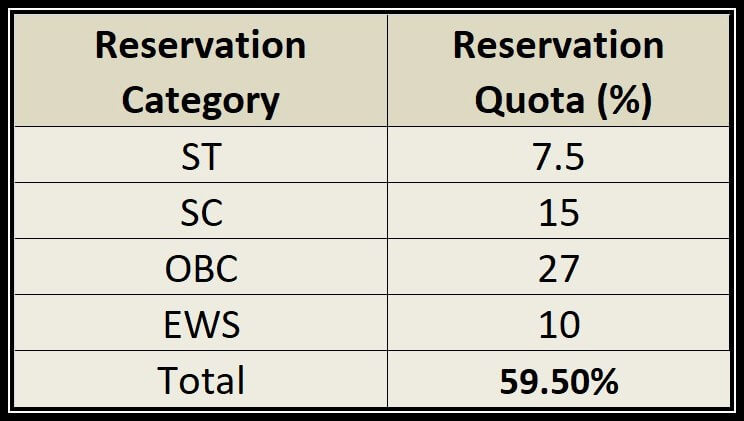

The argument for sub-categorisation or creating categories within category
Why In News?
A Constitution Bench of the Supreme Court reopened the legal debate on sub-categorisation of Scheduled Castes and Scheduled Tribes for reservations, referring the issue to a larger Bench to decide. While this concerns SCs and STs, a Commission has been examining sub-categorisation of Other Backward Classes (OBC) for almost three years now.
The Centre has extended the tenure of The Commission to Examine Sub-categorisation of Other Backward Classes (OBCs) headed by Justice G Rohini, former Chief Justice of Delhi High Court. The commission now has until July 31 to submit its report.
What is sub-categorisation of OBCs?
OBCs are granted 27% reservation in jobs and education under the central government. The question of sub-categorisation arises out of the perception that only a few affluent communities among the over 2,600 included in the Central List of OBCs have secured a major part of this 27% reservation. The argument for sub-categorisation or creating categories within OBCs for reservation is that it would ensure “equitable distribution” of representation among all OBC communities.

Who is examining sub-categorisation?
The Commission to Examine Sub-categorisation of Other Backward Classes took charge on October 11, 2017. It is headed by retired Delhi High Court Chief Justice G Rohini, includes Centre for Policy Studies director Dr J K Bajaj as member, and has two other ex-officio members. Initially constituted with a tenure of 12 weeks ending January 3, 2018, it was granted an extension recently. Until November 2019, the government has spent over Rs 1.70 crore on the Commission including salary and other expenses.
What are its terms of references?
It was originally set up with three terms of reference:
* To examine the extent of inequitable distribution of benefits of reservation among the castes or communities included in the broad category of OBCs with reference to such classes included in the Central List;
* To work out the mechanism, criteria, norms and parameters in a scientific approach for sub-categorisation within such OBCs;
* To take up the exercise of identifying the respective castes or communities or sub-castes or synonyms in the Central List of OBCs and classifying them into their respective sub-categories. A fourth was added on January 22, 2020, when the Cabinet granted it an extension:
* To study the various entries in the Central List of OBCs and recommend correction of any repetitions, ambiguities, inconsistencies and errors of spelling or transcription.
The fourth term of reference was added following a letter to the government from the Commission on July 30, 2019. “In process of preparing the sub-categorised central list of OBCs, the Commission has noted several ambiguities in the list as it stands now. The Commission is of the opinion that these have to be clarified/rectified before the sub-categorised central list is prepared,” the Commission wrote.
Background:
The current tenure of the Commission ends on January 31, 2021. Its budget is being drawn from the National Commission for Backward Classes (NCBC) which was given constitutional status by the government in 2018.
What have its findings been so far?
In 2018, the Commission analysed the data of 1.3 lakh central jobs given under OBC quota over the preceding five years and OBC admissions to central higher education institutions, including universities, IITs, NITs, IIMs and AIIMS, over the preceding three years.
